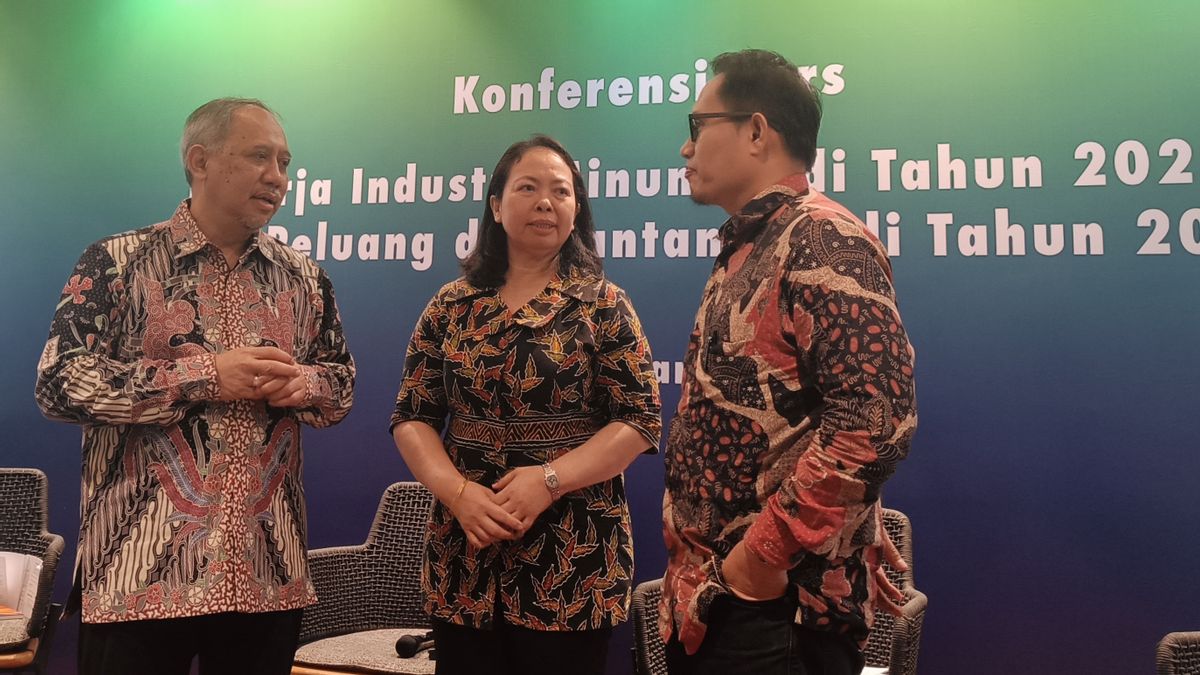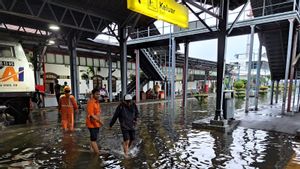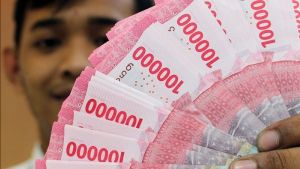JAKARTA - The government through the Ministry of Religion (Kemenag) requires food and beverage traders, both MSMEs and street vendors (PKL) to have halal certification before October 18, 2024.
Responding to this, Chairman of the Association of Light Drinks Industry (Asrim) Triyono Prijosoesilo said, this will have its own challenges, especially for medium and small business actors.
"Because their access is possible to get the halal process at affordable prices, it is a challenge," said Triyono after an Asrim press conference entitled "The Performance of the Beverage Industry in 2023 and Opportunities and Challenges in 2024" at the Mercure Hotel, Jakarta, quoted Thursday, March 14.
Triyono believes that in general, the products in the market have actually complied with the halal compliance provisions, especially for processed beverage products.
It's just that, he said, what needs to be prepared from the government is to facilitate business actors if they really want to carry out halal certification.
"Halal certification, right, means that in terms of production and raw materials must be halal compliance. Sometimes because there are imports, halal certification comes from outside," he said.
Therefore, Triyono suggested the Ministry of Religion's Halal Product Guarantee Agency (BPJPH Kemenag) to be willing to recognize halal certification of business actors that have been obtained from foreign countries.
Thus, business actors are no longer burdened with the cost of making halal certification itself.
"This is the one who needs cooperation so that the outside certificate can be accepted," he added.
The provisions for this halal certification are contained in Government Regulation (PP) Number 39 of 2021 concerning the Implementation of the Halal Product Guarantee Sector.
また読む:
There are three groups of street vendors who are required to have a halal certificate from the Ministry of Religion's Halal Product Guarantee Agency (BPJPH Kemenag), namely:
1. Street vendors who sell food and beverage products.
2. Street vendors who sell raw materials, additional food and auxiliary materials for food and beverage products.
3. Street vendors who sell slaughter products and slaughter service providers.
The three MSME groups must have a halal label on October 17, 2024.
Traders who have not received a halal certificate exceeding the deadline have the potential to be sanctioned.
The English, Chinese, Japanese, Arabic, and French versions are automatically generated by the AI. So there may still be inaccuracies in translating, please always see Indonesian as our main language. (system supported by DigitalSiber.id)

















